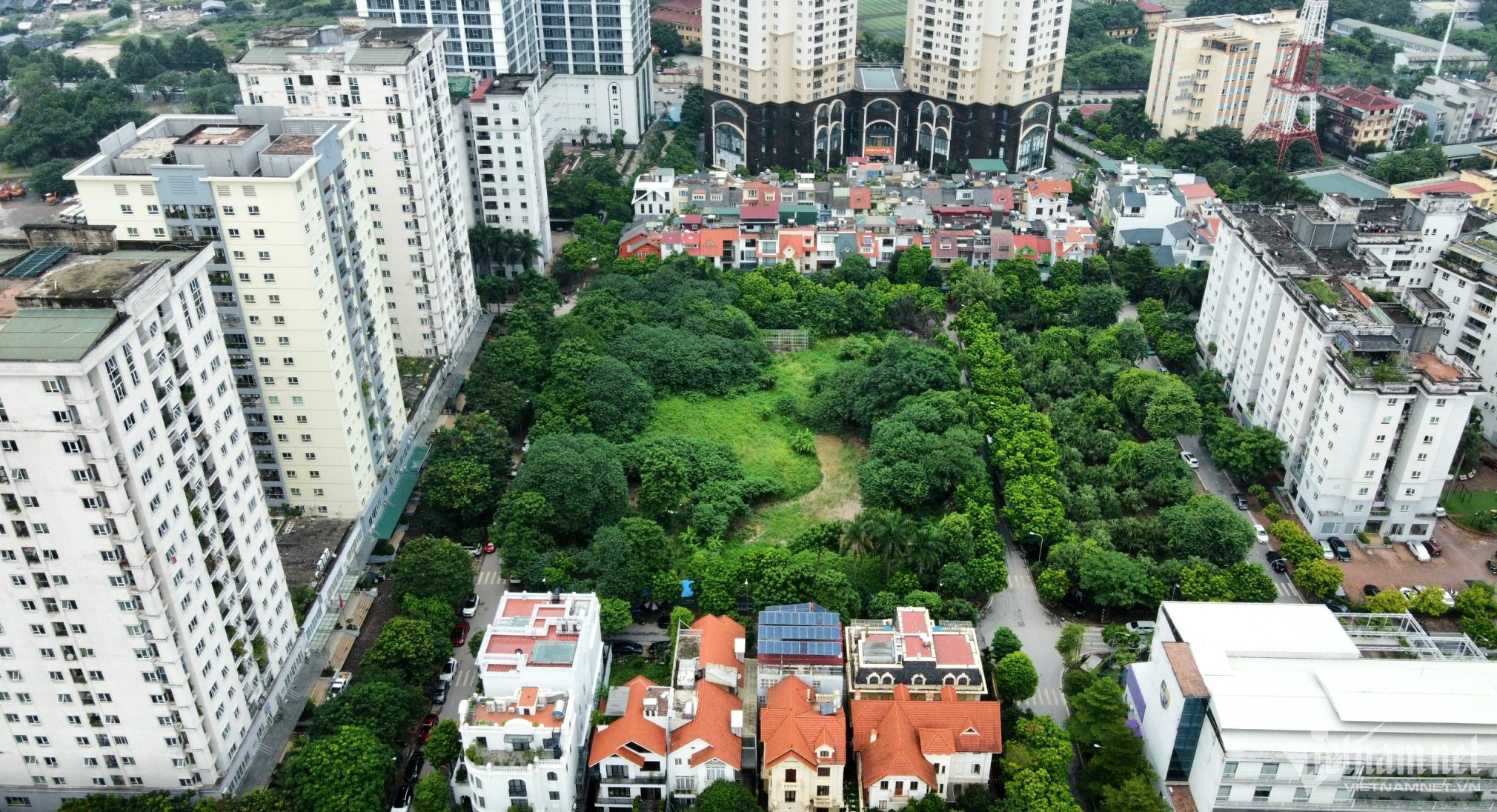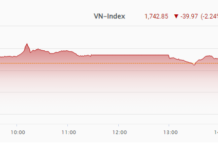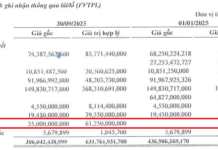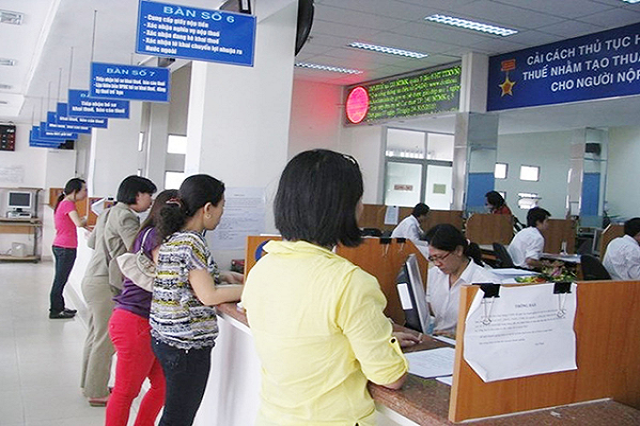The new regulations, outlined in Decree 96/2024/ND-CP (referred to as Decree 96), which came into effect on August 1, aim to stabilize the real estate market.
As per the decree, the Ministry of Construction will follow the government’s directives and analyze various economic and social indicators, including real estate transaction prices, indices, and statistics, to evaluate the market and propose necessary interventions.
Decree 96 specifies that when real estate transaction prices fluctuate by more than 20% within a three-month period, or when other market changes significantly impact socio-economic stability, a report proposing market regulation measures must be compiled and submitted to the government for review and decision-making.

The government will regulate the real estate market by controlling the approval and implementation of land use planning, ensuring a balance between supply and demand, and managing the product mix. Photo: Hong Khanh |
Within 15 days, the Ministry of Construction, in collaboration with other ministries, agencies, and provincial People’s Committees, must submit a report with proposed market regulation measures.
The Ministry of Construction will propose measures related to urban planning, construction, housing, and real estate business laws, as well as programs and plans for urban and housing development and the real estate product mix.
The Ministry of Planning and Investment will suggest measures related to investment and bidding laws, while the Ministry of Natural Resources and Environment will focus on land laws.
Fiscal policies, such as those related to taxes, finance, securities, and corporate bonds, will be proposed by the Ministry of Finance. Meanwhile, the State Bank of Vietnam will put forward measures concerning credit policies.
Provincial People’s Committees will review the implementation of real estate projects in their respective localities and propose market regulation measures accordingly.
The Ministry of Construction will then compile a comprehensive report, incorporating these proposals, and submit it to the government for final decision-making.
In cases where the proposed measures exceed the government’s authority, the Ministry of Construction will report to the National Assembly and its Standing Committee for further consideration and decision-making.
Market regulation will also be achieved through the formulation, approval, and implementation of land use planning, urban planning, and programs for urban and housing development, ensuring a balanced supply and demand and a suitable product mix for each market phase.
Hong Khanh
Inspector reveals delays in land use payment by Phu Cuong Kiengiang Company
According to the inspection report from Kiên Giang Province, Phu Cuong Kiên Giang Joint Stock Company has failed to pay over 46 billion VND for land usage fees and has not completed the land use conversion process during project implementation.











































